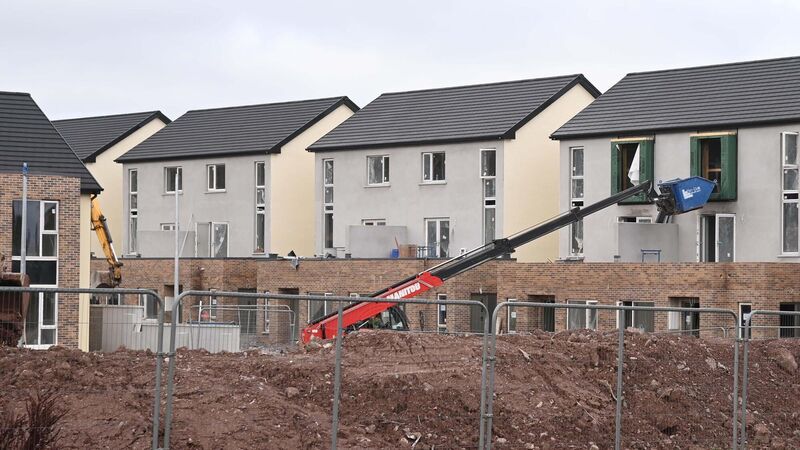Tánaiste acknowledges 'very deep personal crisis' for many of housing shortage

Ivana Bacik hit out at the huge number of sites, about 11,000 in the Dublin area, with planning permissions which are not being acted upon. Picture: Denis Minihane
The housing shortage in Ireland is a “very deep social crisis” and a “very deep personal crisis” for many people, Tánaiste Leo Varadkar has admitted.
Speaking in the Dáil during Leaders’ Questions, Mr Varadkar was responding to calls from Sinn Féin’s Pearse Doherty to introduce a three-year rent increase ban.











